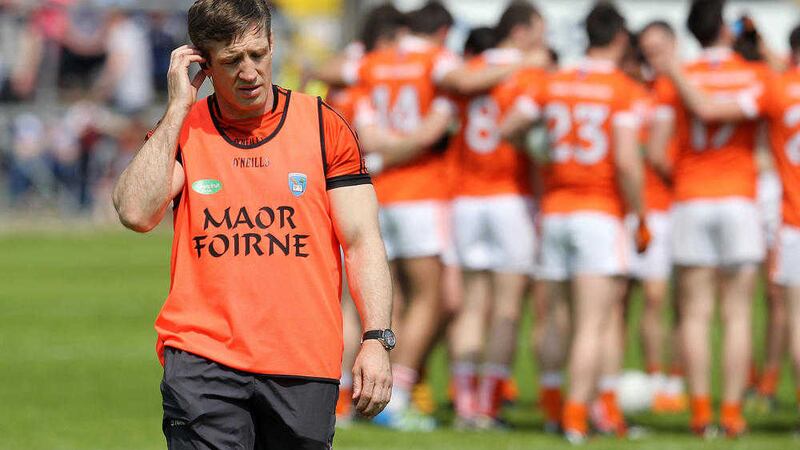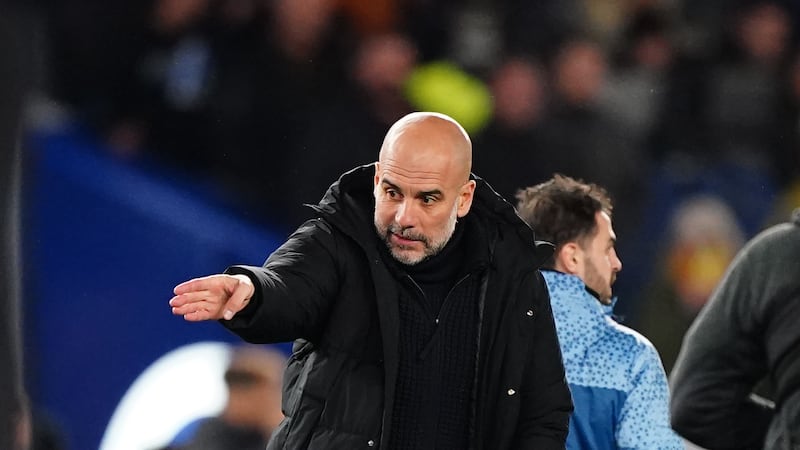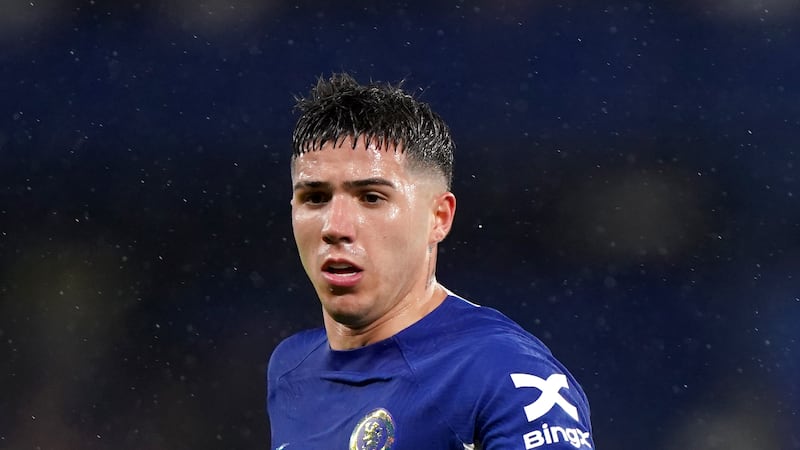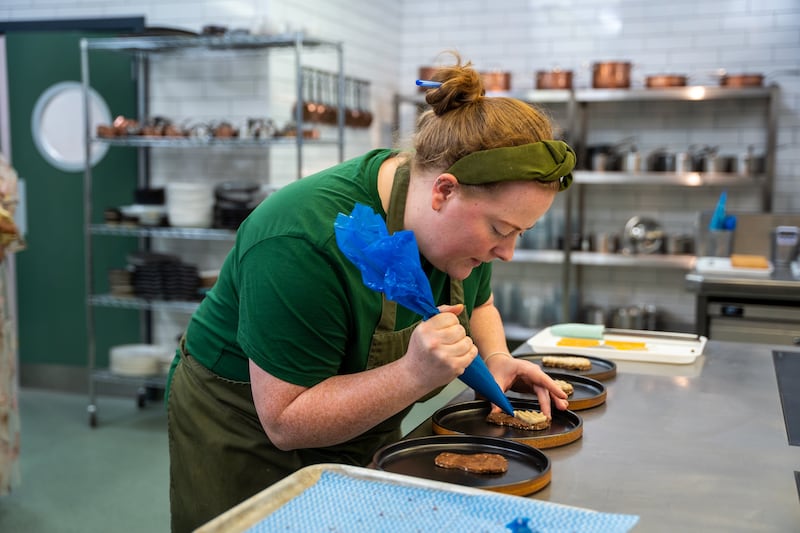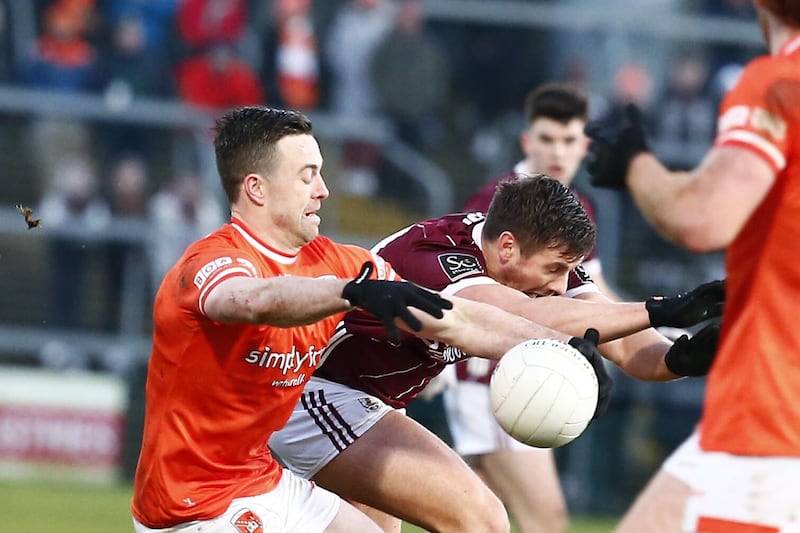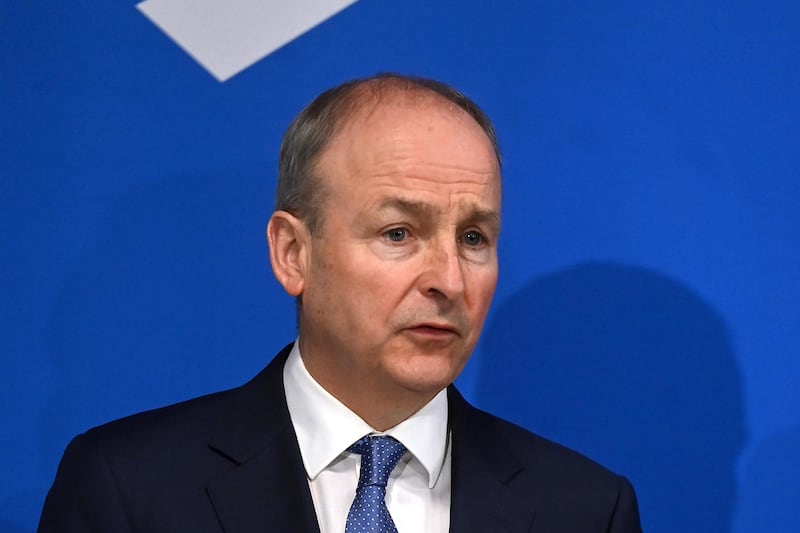2016 has been little short of a nightmare for Kieran McGeeney’s Armagh, but Neil Loughran finds that, within the county, hopes are high for a brighter future...
THREE Championship games, three defeats. Relegation to football’s third-tier. Little underage success to shout about in recent years - these are trying times for the Orchard county.
Kieran McGeeney’s arrival was supposed to herald a bright new dawn, the first steps on the road towards bringing Armagh back to, or at least near, the game’s top table.
The first year back with his native county - as Paul Grimley’s assistant in 2014 - proved an unlikely success when, despite falling through the Division Two trapdoor and an Ulster Championship exit to Monaghan, the Orchard men were within minutes of reaching an All-Ireland semi-final before being pipped at the post by Donegal.
However, the subsequent two seasons under McGeeney’s sole control have seen them slip back into the role of Ulster and All-Ireland also-rans. Saturday’s Qualifier refixture defeat to Laois, despite a gallant second-half fightback, was not unexpected.
Only a handful of players from the 2009 All-Ireland minor title-winning Armagh team have made the cut at senior level, while the U21 grade has offered little joy since the crop containing the likes of Kevin Dyas, Brendan Donaghy and Charlie Vernon delivered a last Ulster title nine-years-go. Without an Ulster title at senior level since 2008 and with little prospect of one arriving any time soon, where do Armagh go now?
The Orchard academy was established in 2012 and, according to the county board’s website, evolved from a group of former players, coaches and managers who “wanted to give something back to help future generations of Armagh footballers”.
A seven-point plan outlines the key objectives, among which are providing footballers from U14 to senior level with a structured pathway “to compete for the Armagh senior team” and elevating the standard of football in the county. The final objective is to help Armagh lift Sam Maguire.
This is clearly a long-term goal, but former Orchard boss Peter McDonnell believes the 2002 All-Ireland winning success has, no matter how distant it may seem, made that lofty ambition tangible for future generations.
“Absolutely - it has to be,” said the Mullaghbawn native, who guided Armagh to their last Ulster title eight-years-ago.
“If you’re talking to or shaking the hand of someone who lifted Sam Maguire, it’s a real thing.”
McDonnell has been involved with the county’s U21 set-up on three different occasions - in the early 1990s, from 2006-08 with Brian O’Kane and in the present day alongside McGeeney.
He is well placed to evaluate how the talent pool in Armagh has changed through the years and whether the senior team’s struggles are a representation of the general state of play in the county.
“In 1990, Brendan McGeary asked me to help coach the Armagh U21s. I took Armagh U21s again in 2006, 2007 and 2008 and the quality of youngster coming to the trials at that period in time was vastly superior to the quality of players coming in 1990," McDonnell said.
“They were much more aware, much more skilful, better informed players than the ones previous. This year, I would say it has moved on much further again in the quality of player coming through at U21 level in Armagh. Overall, the standard has improved. I would say that is a direct consequence of the quality of coaching that’s going on within the county.”
Comparisons will always be made with neighbours Tyrone, considering the pair dominated the provincial scene for much of the noughties. And yet, while the Red Hands have also struggled to recapture the glory days in Ulster - their provincial final meeting with Donegal on July 17 will be their first since 2010 - they have achieved consistent underage success.
Tyrone have enjoyed Ulster U21 and minor titles in the past five years and an All-Ireland U21 success in 2015. The Garvaghey Complex is the envy of every other county - the Red Hands are in a good place looking into the next decade.
“Tyrone seem to have been able to transition while continuing to win,” said former Orchard midfielder Jarlath Burns.
“But it’s a while since Tyrone have won an Ulster title as well, but we would know they’re operating at a different level than we’re operating on and their underage system has been a lot more successful.”
Why? What has been the difference? It’s almost impossible to provide an exact answer, but Burns feels there is a need for patience within Armagh as McGeeney and the county board attempt to improve their ailing fortunes.
“It’s hard to say. Maybe structures within the county, maybe the fact their senior championship is a lot more competitive - it can be a lot of things," he added.
“You could almost draw a line down the middle of Ulster and, on the right-hand side, you’d have Derry, Antrim, Armagh, Down and, on the left hand side, you’d have Donegal, Tyrone, Cavan, Fermanagh and Monaghan.
“We’re in a lull at the minute and I think people need to be patient. I played in Division Two and Division Three and my career was along a time when Armagh were seen as poor and I just feel for the players and the management because I know what it might be like for them.”
But Burns has also seen at first hand the work being done at grassroots level and is optimistic the county is moving in the right direction: “The academy is going well - my fella got on to the U14 development squad there and I went to all the sessions just to see what was going on and there’s very good work going on,” said the Silverbridge man.
“It’s very focused on developing each player’s individual skills and talent and getting their attitude right. That part of it is very solid, that’s why I’m not worried. Armagh don’t have to make serious systemic changes - we just have to be realistic.
"Our default position is not winning Ulsters and All-Irelands, it’s working very hard to be better than the sum of our parts and every so often developing a team that can come along and win something.”
Preaching patience is one thing though, expecting it is another. Football has changed and, Mickey Harte aside, the days of counties keeping faith with managers for a long stretch without success appear all but over.
Handed a five-year term upon his appointment, McGeeney has just completed year number two. His remit extends far beyond rejuvenating the senior team, yet with each passing year like the one just ended, the din of dissenting voices questioning whether he is the right man to lead Armagh will grow louder.
“People would say the way the team is playing is a wee bit infuriating because we’re not creative or inventive - we’re sluggish, at times, in our approach,” admitted Burns.
“But I started playing for Armagh in 1986, I played for 13 years and I won my first Ulster title in 1999. You have to be patient. Kieran was given five years for good reason - because he was asked to look beyond the senior team and into the structures within the county and the development of football in the county. So while it might take a while for Armagh to get back, there is a confidence that they can get back.
“The Armagh county board could see then that there was work to be done and that continuity was required. They have never been ones to sack managers, they would always give managers time.
“It took four years for Brian McAlinden and Brian Canavan to get us back into an Ulster final [in 1999] - I think that’s where we are at the moment, back to where we were in 1995.
“I don’t hear a major clamour within the county that there is one other individual ready to take over from Kieran - I talk to the Armagh players all the time and they absolutely worship him.”
“The only places I’m hearing that Kieran McGeeney should be going or whatever is from pundits,” added McDonnell, who replaced Joe Kernan in the Orchard hot-seat in 2007.
“Kieran McGeeney is managing the seniors at the minute - he is trying to manage what is coming through to him. He’s trying to manage a situation where he was hampered with injuries and one thing or the other.
“The people who are involved there now are busting themselves to try and make Armagh a more competitive county, more consistently. There are people quietly doing great work at county board level and underage level - Kieran McGeeney is at the head of all that. He’s the right man in the right place, at a time when Armagh need continuity at the top of everything.”
And McDonnell was quick to point out the problem runs deeper than whoever is wearing the bainisteoir’s bib on Championship Sunday: “Those more seasoned players have, since I resigned [in 2009], had Paddy O’Rourke and Paul Grimley before Kieran McGeeney,” he said.
“Those people all have pedigree and it just didn’t happen for them in this county - so eventually, you have to say to yourself, maybe it’s not the managers? There’s an acceptance within the county that Armagh can’t be competitive all the time, this is just a raw period for us.
“Four All-Ireland final appearances in over 100 years - I was brought up on the stories of the ‘53 team and the wonderful players they were. You look at where Armagh are and where Down are but, as sure as you’re talking to me, the Monaghans, the Donegals, the Tyrones of this world will go through a dip and the likes of Armagh and Down will reemerge. It’s a cyclical thing.
“Armagh has gone through times like this and emerged - and eventually, it will happen.”
